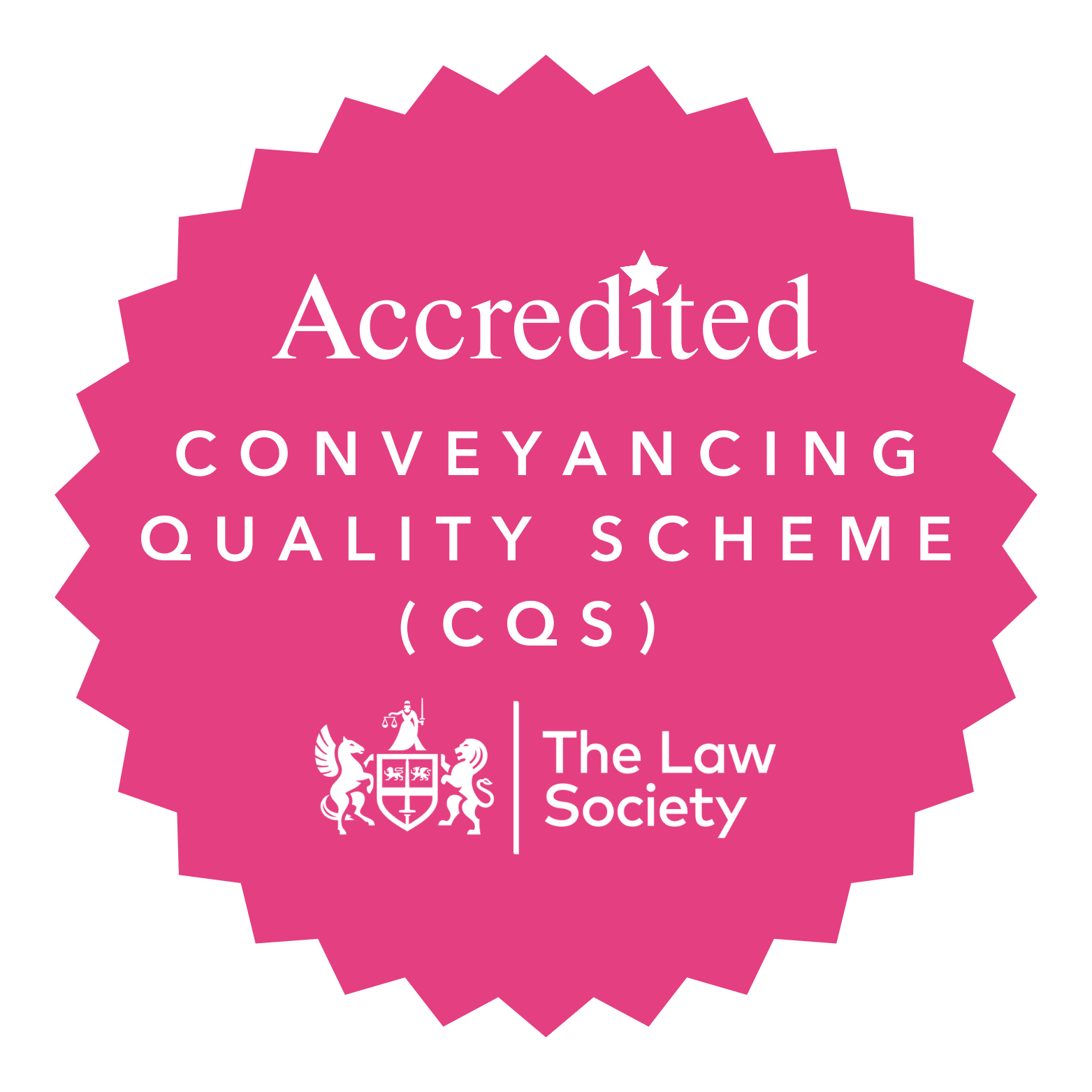To receive Copyright protection, a work must be “original” i.e. not copied from another work. The Copyright protection is then for the expression of the idea, rather than the idea itself. As such, it rewards the author for their original independent expression of the idea. A work to be protected by Copyright must be: original; recorded; and it should comply with the requirements of the country of first broadcast or publication, and/or those of the permanent home country of the author.
Copyright law protects against the copying of an original work. It does not, however, protect against the production of identical or similar work which has not been copied. Similarly, it does not matter if at the time identical or similar work is in existence.
The laws relating to Copyright can offer wide ranging protection for those engaged in all types of business. For example, it can protect:
- the artistic output of designers and photographers;
- advertising and branding material; and
- coding developed by software and website developers.
Once recorded, Copyright rights last for different periods dependant on the type of work. Rights in relation to literary, dramatic, musical, artistic works, films and sound recordings last for the lifetime of the author and then 70 years after the end of the calendar year of that author’s death. Whereas if the same is created by a computer, then it only lasts for 50 years from the end of the calendar year in which the work is created. Furthermore, if published rights are created by typography they will last for 25 years from the end of the calendar year in which the work is created.
As Copyright automatically arises, there is no need to undertake any registration process in order to secure Copyright protection. But in order to proceed against an infringing party it will be necessary for a Copyright owner to show that their work was created prior to the work they allege infringes their Copyright. Accordingly, it is necessary to establish the date of origin of their work. Common ways to achieve this are to e-mail illustrations to oneself or to lodge the same with a body such as the United Kingdom Copyright Service.
Infringement of Copyright can be categorised into Primary and Secondary infringement. Primary infringement includes providing work, or details of the work, to the public and making copies of it. Secondary infringement if where copies of the work which infringe the rights are provided for and where they are then imported.
Ownership of Copyrighted works can often be contentious. The author of the work is prima facie the owner of the Copyright subsisting in a work. By way of example, if one party commissions a work, even though they have paid for that work the Copyright in the same would vest in the author. As such, the Copyright subsisting within the work would need to be assigned to the commissioning party by way of a Copyright Assignment Agreement in order to legally vest ownership of the Copyright in them.
The following remedies are available where Copyright is infringed:
- injunctions;
- costs;
- damages (most common remedy sought); and
- delivery up/destruction.
A Database right also exists to protect databases and compilations of information, and is in many senses similar to Copyright. Although they are similar, Database rights exist independently of the Copyright. They protect the information which is made up to create the database.













